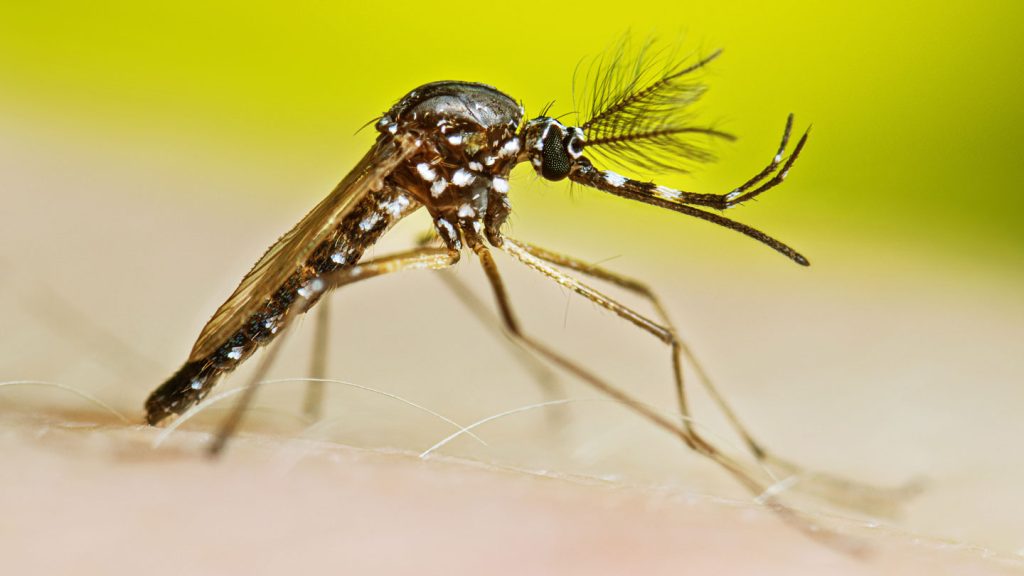New research suggests that male mosquitoes may be almost as bloodthirsty as females, going against the common belief that only female mosquitoes bite, drink blood, and spread diseases. Male Culex tarsalis and Aedes aegypti mosquitoes, typically uninterested in blood, were found to take blood meals when sugar was unavailable and humidity was low. This discovery indicates that males may play a small role in disease transmission, challenging the idea that they are harmless.
In an experiment led by entomologist Jason Rasgon from Penn State University, dehydrated male mosquitoes showed interest in feeding on blood through an artificial membrane when their usual nectar meals were unavailable. Further observations revealed that these males were willing to probe and sometimes even bite humans in search of blood. Despite having mouthparts ill-suited for deep blood drawing, dehydrated males were able to sip blood from open wounds, indicating a willingness to feed on blood for hydration.
Agricultural students in Rasgon’s lab conducted experiments that genetically engineered A. aegypti males to be unable to sense humidity. However, the results showed that these males did not increase their blood meals when humidity levels were low, suggesting that males may feed on blood to satisfy their thirst. Contrary to previous research suggesting that blood is toxic to male mosquitoes, Rasgon’s experiments with C. tarsalis mosquitoes demonstrated that blood-fed males had similar lifespans to non-blood-fed males.
While female A. aegypti is known to spread diseases like yellow fever, Zika, chikungunya, and dengue, female C. tarsalis can transmit diseases like West Nile virus and St. Louis encephalitis. Surprisingly, the researchers found that male C. tarsalis mosquitoes infected with West Nile virus can produce infectious virus in their saliva, similar to infected females. This discovery prompts a reassessment of the role of male mosquitoes in disease transmission, challenging the long-standing assumption that they do not feed on blood.
Despite doubts about the significance of male mosquitoes in spreading diseases, the researchers believe that the notion that male mosquitoes do not feed on blood needs to be reevaluated. Further studies are needed to investigate the possibility of male mosquitoes playing a role in spreading viruses under certain circumstances. The findings highlight the complex nature of mosquito feeding behavior and its implications for disease transmission, paving the way for future research into male mosquitoes’ role in public health efforts.


